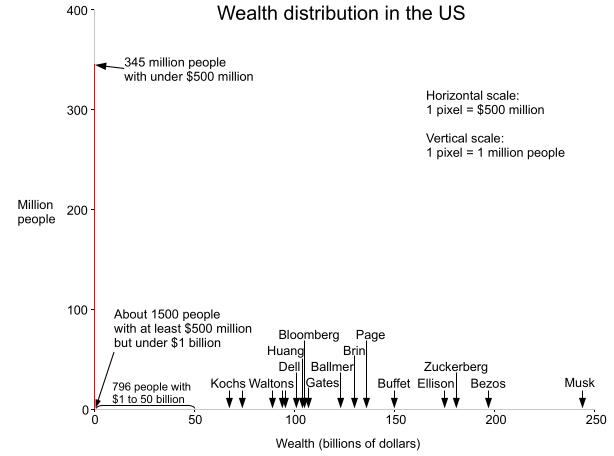he U.S. airline industry is an unforgiving, cynical business where success tends to be fragile and short-lived. Unless—until recently—you were Southwest Airlines.
The brand that started flying as a tiny intrastate airline in Texas in 1971 tended to buck industry trends for decades, with consistent profitability, stable workforce relations, and high marks for customer service and operational reliability. It also grew to become the fifth-largest airline in the world in terms of passengers carried. That formula worked for a number of reasons, most of which were the result of being in the right place at the right time. Growing an airline in the booming Sunbelt in the 1980s and 1990s was a lucky break. Being profitable with a single aircraft type and happy employees when the major competitors were saddled with aging, diverse aircraft fleets and overburdened employees eager to strike to protect union contracts that dated back to before the government stopped price-fixing the domestic airline industry was good business.
But then the industry got more complex.
Source: What Happened to Southwest Airlines? A Deep Dive Into Its Decline








